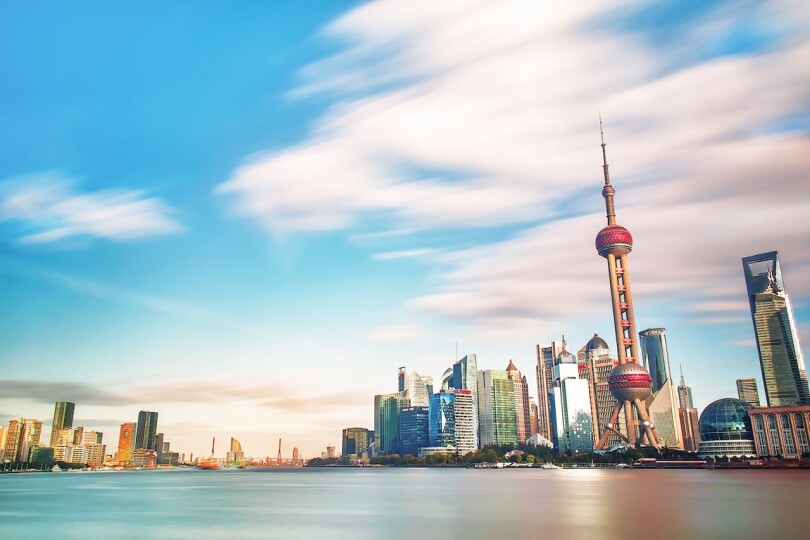Is Autonomous Driving coming to the UAE?
26 Apr 24
Lab ChatThe Global News Source for the World of Science and Chemicals
31 March 2023
Chem Chat
Three years after the outbreak of coronavirus, the world’s second largest economy has finally reopened its doors to the world. China had been notable for implementing tougher and longer-lasting lockdown restrictions than almost anywhere else in the world, resulting in a massive drop-off in trade and a substantial knock-on effect on the global economy.
With all restrictions rescinded from January 1st, however, the world is free to do business with Beijing once more – and the UAE stands to be one of the primary beneficiaries. This is certainly true for its oil industry, which has strengthened ties with China in recent years, but also good for the Emirati economy in a number of other ways.
China has become a major importer of Emirati oil in recent years. In fact, in the year prior to the outbreak of the pandemic, China was one of the fastest growing export markets for crude oil from the country. In 2020, the UAE exported a total of $42 billion of crude oil; China accounted for $8.6 billion of that figure, or more than 20% of the total amount.
Of course, the tight lockdown restrictions meant that demand for oil in China fell dramatically throughout the pandemic, with the UAE (and others) experiencing an impact on exports as a result. Indeed, OPEC+ made several decisions to cut production in response to the falling Chinese demand as a way of propping up prices and stabilising the market. Now that China’s doors are open once more, Emirati oil is expected to bounce back handsomely.
Although the UAE has historically relied on fossil fuels to build its wealth, it has endeavoured to move away from this sector with increasing urgency in recent years. This has been evident in its dealings with China, a country which shares its environmental and sustainability objectives. As such, non-oil trade between the two countries has risen steadily in recent years and in fact, China was the UAE’s largest non-oil trade partner in 2021.
That year, bilateral non-oil trade between the two countries reached a staggering $60 billion, representing a 27% increase on the year prior and accounting for 12% of the Emirates’ total non-oil trade. That figure was eclipsed in the first eight months of 2022, reaching $64 billion by September, and if the current rate of growth continues, it’s expected to exceed $200 billion by 2030.
Another massive boon expected to arise from China’s return to the global stage is the shot in the arm it will give to the tourism industry. According to some estimates, Chinese citizens have accumulated around $862 billion in unspent holiday savings, at least some of which is expected to find its way into Emirati pockets. Dubai is especially optimistic about the future, given that over 5% of visitors to the city in 2019 hailed from China.
In a bid to attract more tourists from China and elsewhere, the government recently launched its Tourism Strategy 2031. At its heart, the initiative is aiming to increase investment into tourism, improve infrastructure for those new to the city and ultimately result in the generation of 450 billion dirhams (approximately $122 billion) from the tourism sector by 2031.
DOWNLOAD PDF

2 Day Seminar Program
@ ArabLab+ 2024
24 & 25 September 2024
22 Apr 24
Lab ChatYour stay in Dubai
Labkit
Product News
Chemkit
Product News
Thinking about exhibiting at ARABLAB 2024? Watch our video to find out more.
Join the world’s leading organisations…
Join our mailing list and receive the ARABLAB newsletter and event updates.